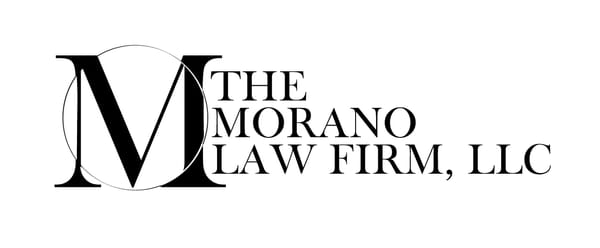Have you or someone you know been arrested or charged with a crime? Please do not hesitate to call me at 201-598-5019 or email me directly at [email protected] for a free consultation.
In New Jersey law, an indictment is a is a formal accusation that a person  has committed a criminal offense. It is officially drawn up by a prosecuting attorney and found and presented by a grand jury.
has committed a criminal offense. It is officially drawn up by a prosecuting attorney and found and presented by a grand jury.
The substance of an indictment is usually the same, regardless of the jurisdiction: it consists of a short and plain statement of the time, place and manner in which the defendant is alleged to have committed the offense. Each offense is usually set out in a separate count. Some indictments for complex crimes, particularly those involving conspiracy or numerous counts, can run to hundreds of pages, but many indictments, even for crimes as serious as murder, consist of a single sheet of paper.
Indictable offenses are normally tried by jury, unless the accused waives the right to a jury trial. The Sixth Amendment mandates the right of having a jury trial for any criminal prosecution. Notwithstanding the existence of the right to jury trial, the vast majority of criminal cases in New Jersey are resolved by the plea bargaining process.
One of the strategies a lawyer may make is to make a motion to dismiss an indictment. Below is a sample from part of a motion to dismiss indictment.
In the case of State v. Hogan, 144 N.J. 216 (1996), the Court held that the  Grand Jury must only determine whether the state has established a prima facie case that a crime has been committed and the accused has committed it. Id. at 227, (citing State v. New Jersey Trade Waste Association, 96 N.J. 8, 27 (1984)).
Grand Jury must only determine whether the state has established a prima facie case that a crime has been committed and the accused has committed it. Id. at 227, (citing State v. New Jersey Trade Waste Association, 96 N.J. 8, 27 (1984)).
In respect of the quantum of evidence, an indictment cannot stand if the State fails to present at least some evidence, even if the quantum is not great, supporting each element of the offense. State v. Schenkolewski, 301 N.J. Super. 115, 137 (App. Div.), certif. den. 151 N.J. 77 (1997); see also State v. Sherzer, 301 N.J. Super. 363, 428 (App. Div.), certif. den. 151 N.J. 466 (1997). A person is not guilty of an offense unless he acted purposely, knowingly, recklessly or negligently, as the law may require, with respect to each material element of the offense. N.J.S.A. 2C:2-2(a).
“Purposely” is the highest standard of culpability in the Code of Criminal Justice. N.J.S.A. 2C:2-2(b)(1). According to this provision: A person acts purposely with respect to the nature of his conduct or a result thereof if it is his conscious object to engage in conduct of that nature or to cause such a result. A person acts purposely with respect to attendant circumstances if he is aware of the existence of such circumstances or he believes or hopes that they exist… id.
“Knowingly” is the second highest standard of culpability in the Code of Criminal Justice. N.J.S.A. 2C:2-2(b)(2). According to this provision: A person acts knowingly with respect to the nature of his conduct or the attendant circumstances if he is aware that his conduct is of that nature, or that such circumstances exist, or he is aware of a high probability of their existence. A person acts knowingly with respect to a result of his conduct if he is aware that it is practically certain that his conduct will cause such a result. id.
“Recklessly” is the third highest standard of culpability in the Code of Criminal Justice. N.J.S.A. 2C:2-2(b)(3). According to this provision: A person acts recklessly with respect to a material element of an offense when he consciously disregards a substantial and unjustifiable risk that the material element exists or will result from his conduct. The risk must be of such a nature and degree that, considering the nature and purpose of the actor’s conduct and the circumstances known to him, its disregard involves a gross deviation from the standard of conduct that a reasonable person would observe in the actor’s situation…
If you or someone you know has been arrested or charged with a crime, please do not hesitate to call me at 201-598-5019 or email me directly at [email protected] for a free consultation.
